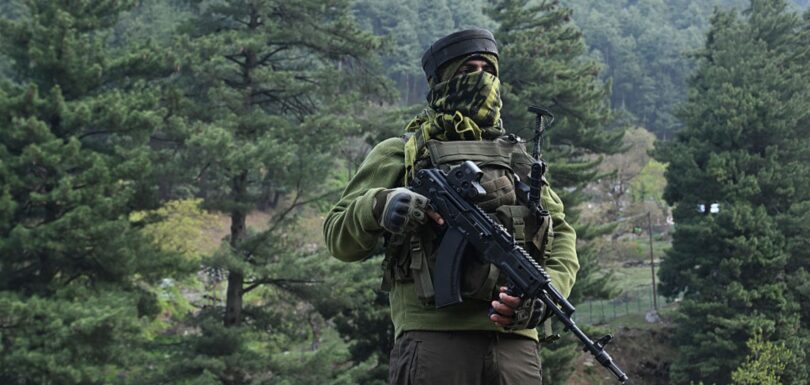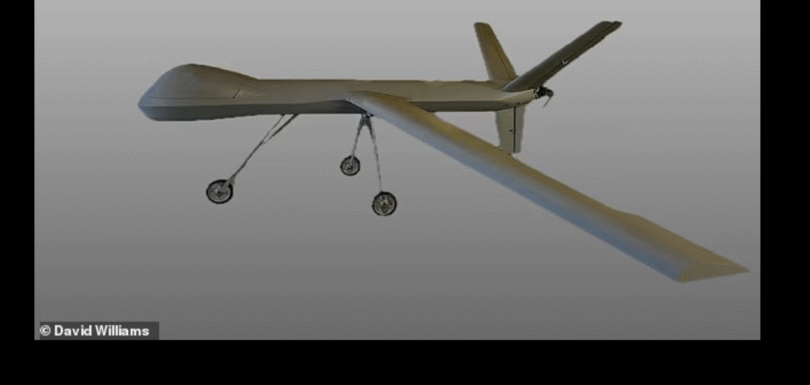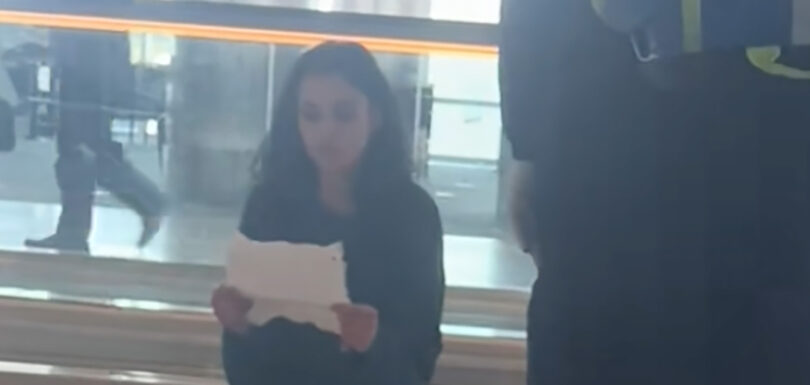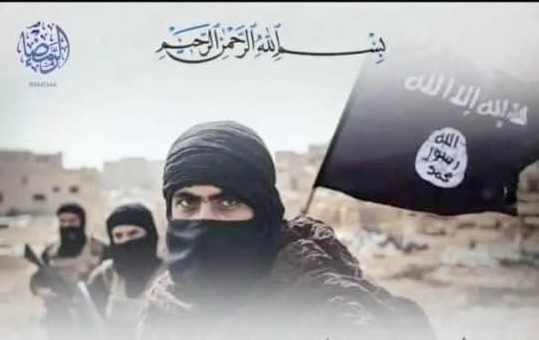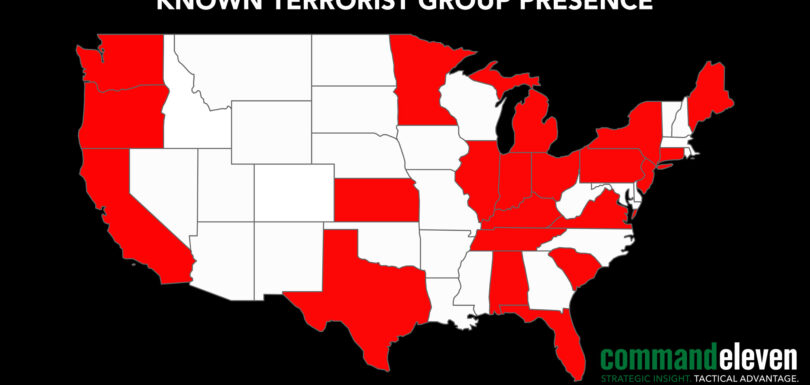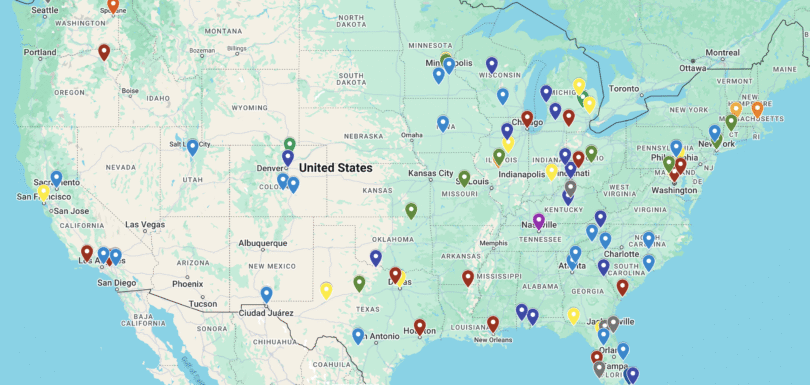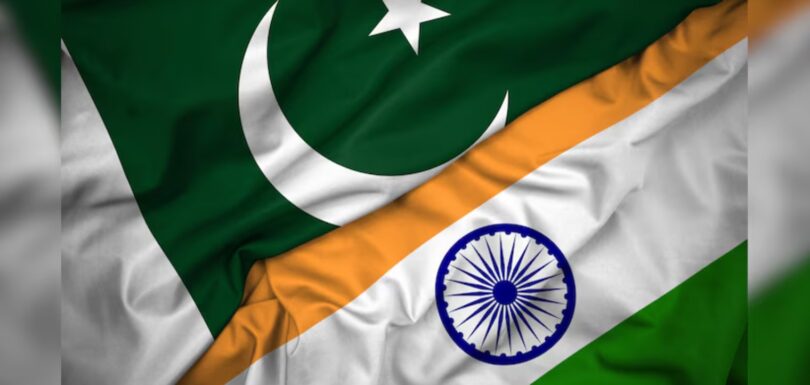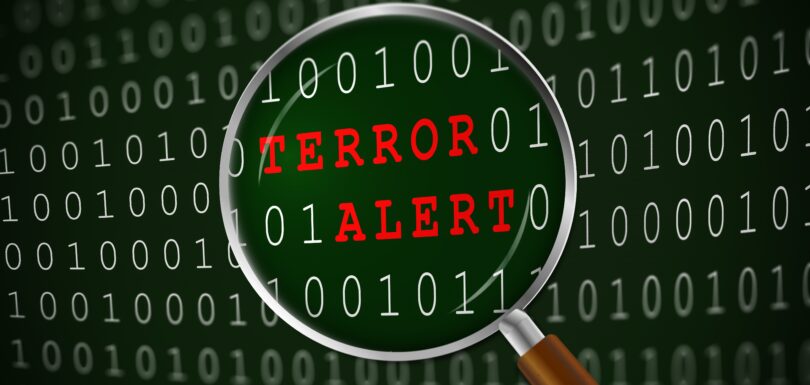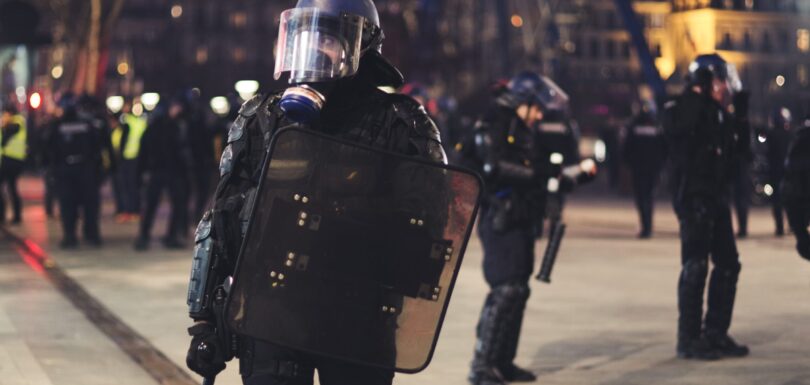Beneath the Ashes of Pehalgam: A Nation’s Delusion Exposed
India, a land known for its cultural richness, civilizational depth, and historical commitment to non-alignment, has in recent years pursued an aggressive foreign policy agenda underpinned by Hindutva—an exclusionary ideology fostered by the RSS and its affiliated Hindu nationalist factions. This shift marks a clear deviation from the pragmatic internationalism of Nehru and Indira Gandhi, whose global stature was rooted in diplomatic wisdom, not military might.

